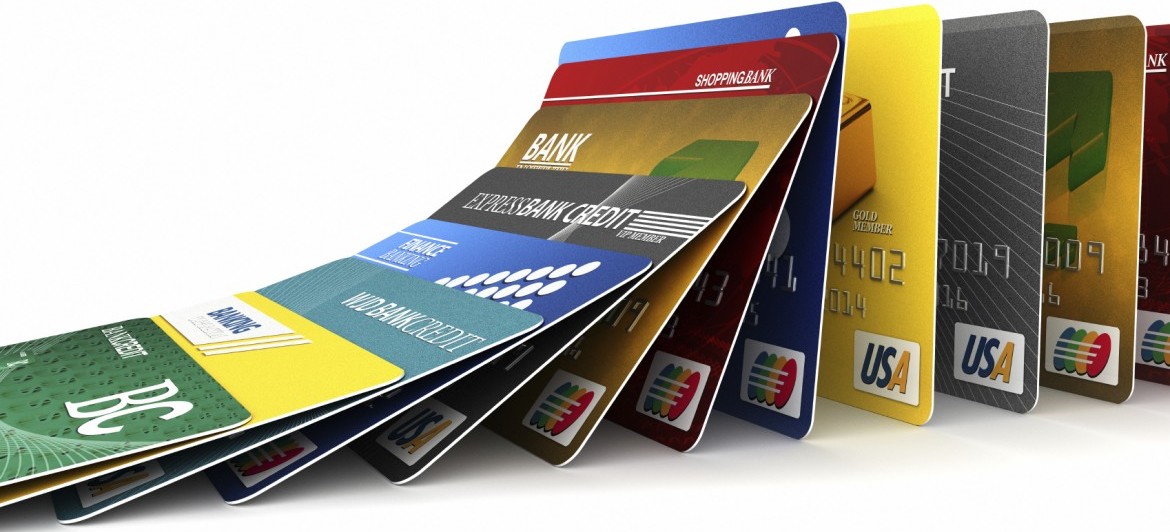Milwaukee Has Dismal Credit Card Scores
City ranks far below most cities, while suburbs here beat most in America.
Don’t worry about the folks in Mequon when it comes to credit card debt. A new study of 2,570 cities in America finds that Mequon ranks ahead of all but 18 of them in its average credit card score. Mequon ranked 19th best, with an average credit card score of 741.85.
Brookfield also ranked very high, at number 31, with an average credit score of 738.49. New Berlin ranked 69th, Muskego ranked 76th, Menomonee Falls ranked 99th. Milwaukee’s suburbs, in short, seem in great shape financially, with lower credit card scores than the overwhelming majority of cities in the nation.
Milwaukee, by contrast, ranked in the cellar at number 2,402, with an average credit score of 627.23. In terms of bigger cities in America, Milwaukee ranked ahead of only Newark, Kansas City, KS and Cleveland.
Why does Milwaukee rank so low? Poverty would be one obvious cause. In 2014, Milwaukee ranked as the fifth most poor city, with 29 percent of residents living in poverty.
Milwaukee’s credit problem is also suggested by the fact it has 30 payday stores, more per capita than in most states, with one of the highest average annual interest rates — 574 percent — in the nation.
The vast difference between the city and its surrounding suburbs in credit card scores is yet more evidence the metro area is more economically segregated than most in the nation, and it would make sense that the suburbs would have scores far above average and the city far below average.
“People with lesser economic means are using their cards for basic necessities,” Geisel says. “They’re feeding their families and putting clothes on their backs through credit cards. It’s an epidemic.”
The good news, he says, is that bankruptcies have declined since the Great Recession. “Right now we’re at a low bankruptcy filing rate. That’s a good thing. But we’re still busy. Even at a low point, we’re still busy.”
Geisel says college students rack up a lot of debt. “There’s a disconnect. To them it’s free money. We’ve seen things gradually move back to that tipping point. People are once again spending more than they have. There’s still a lot of underemployment and wages are not keeping up.”
Elizabeth Gonzalez is an expert with CardHub, a credit card comparison website owned and operated by Evolution Finance, and which publishes Wallet Hub’s stories. She says heavy credit card debt is a big problem nationally: “It’s an epidemic. We’re dangerously close to things being unsustainable.”
Gonzalez says the average credit card debt in America is $15,355 and the total debt is a staggering $712 billion.
“People have clearly not learned their lessons since the last economic crash,” she says. “This is dangerous territory. There are a lot of factors contributing to problems, but the signs aren’t good.”
But Kathryn Crumpton, a manager of the Center For Financial Wellness a.k.a. the Consumer Credit Counseling Service of Greater Milwaukee, says help is available for those with problems.
“We’ll work with anybody who’s struggling with month to month expenses, living paycheck to paycheck,” Crumpton says. “We help people who are forced to rely on these cards to survive. People who are more solvent use the cards to get rewards for flights and pay them off at the end of the month.”
Crumpton says credit cards aren’t inherently evil, but people have to be aware and careful. “There are so many commercials that play up to those emotions. If you have a large expense like car repairs, or an appliance breaks, you’re going to put it on a card.”
Crumpton says she and her staff will look at the financial situations of their clients, their assets and debts. “We’ll help them discover where concessions have to be made. If they have a medical bill in collection, we’ll help them arrange a payment plan. Work with companies to reduce interest rates on the card.”
Meanwhile, Crumpton has a bit of advice for all of us with credit card debt: “Everybody has to hang in there.”
















WTF is a “credit card score” you jabroni? “Credit score” will do.
I had to look up the urban definition of ‘jabroni.’ Ouch. But thanks. With your permission, I’d like to use that sometime.
So people that know how to use credit as a tool are able to live in better communities and those that do not live in communities where people do not make good long term decisions. Riveting.